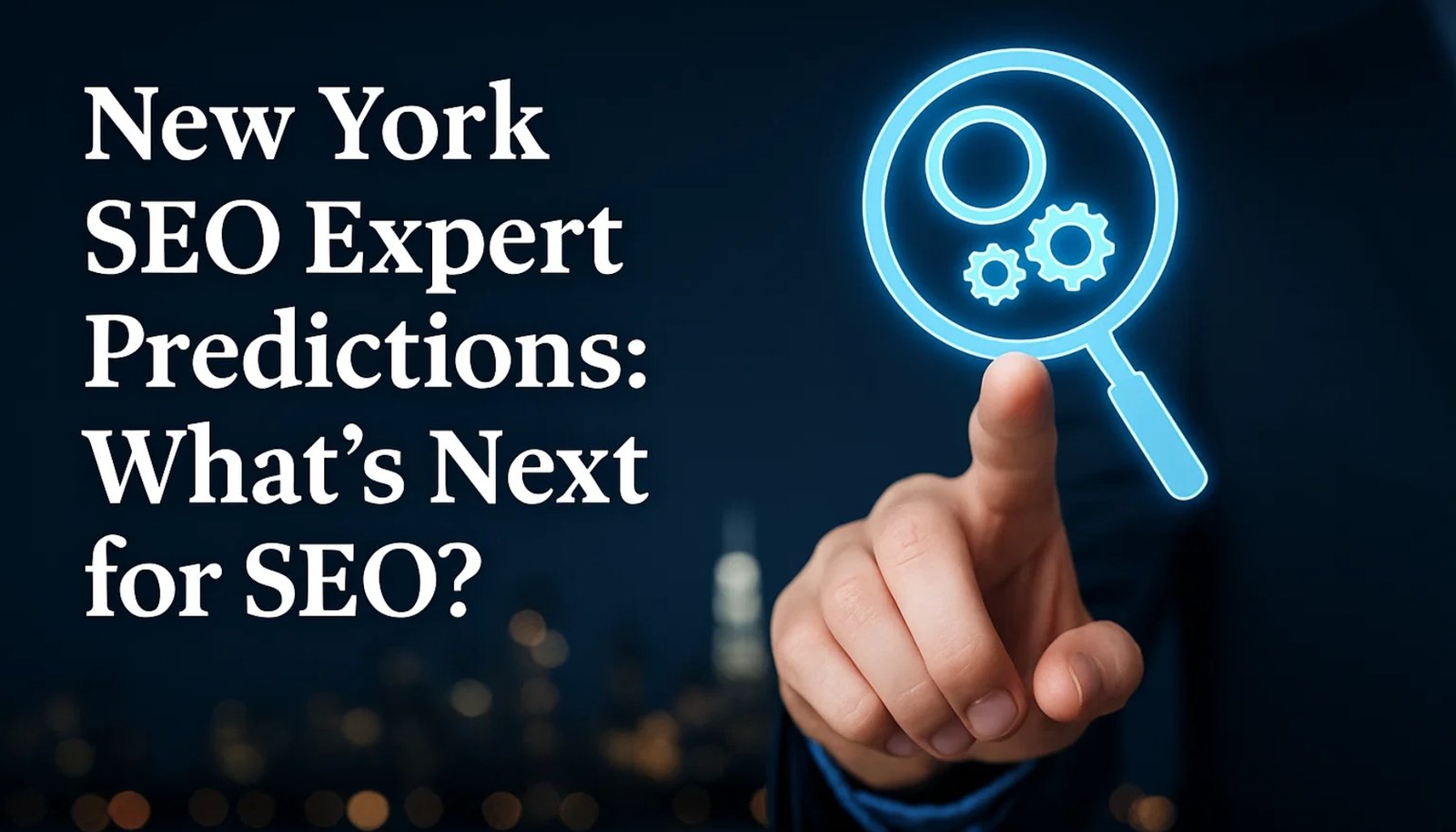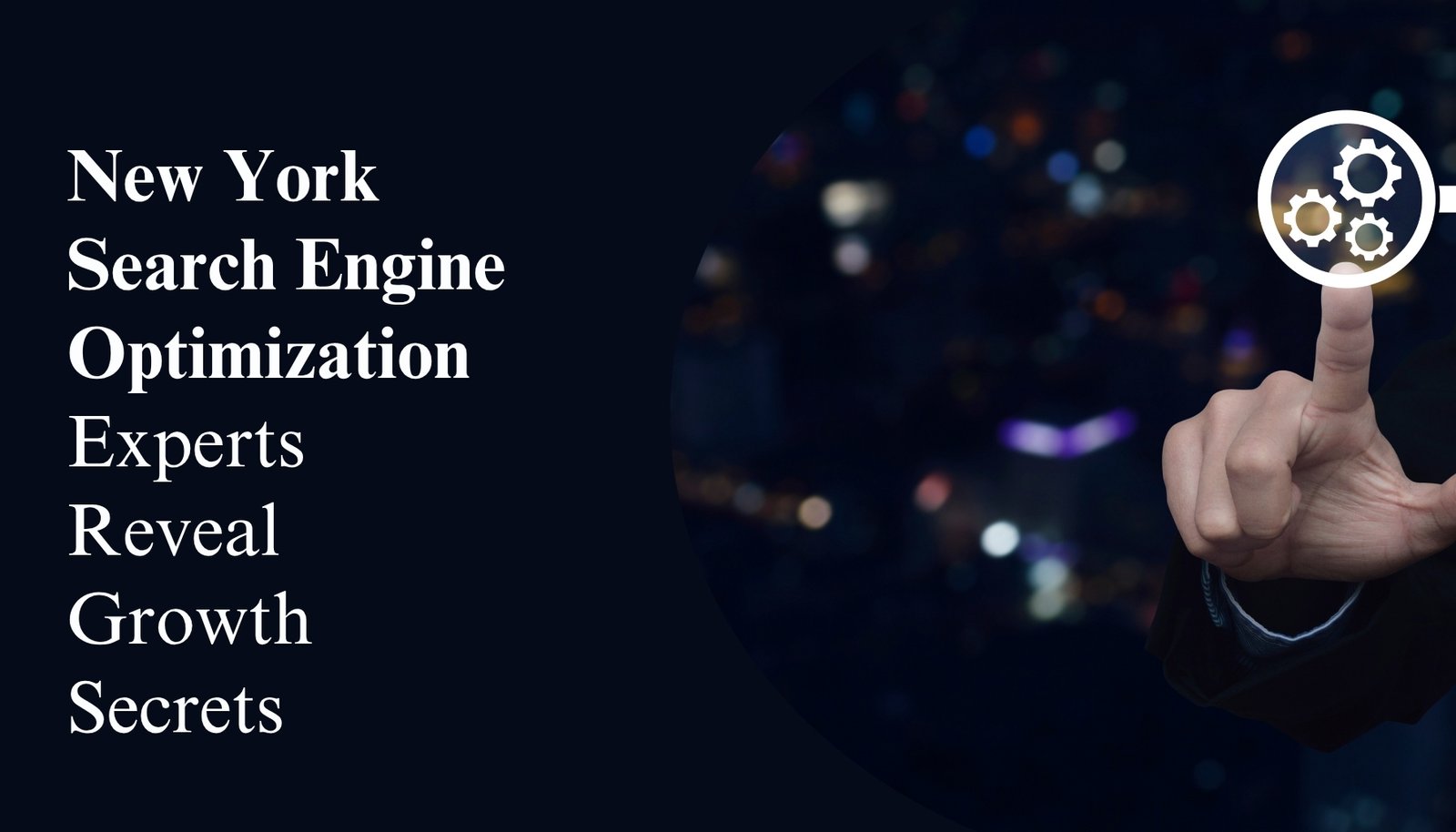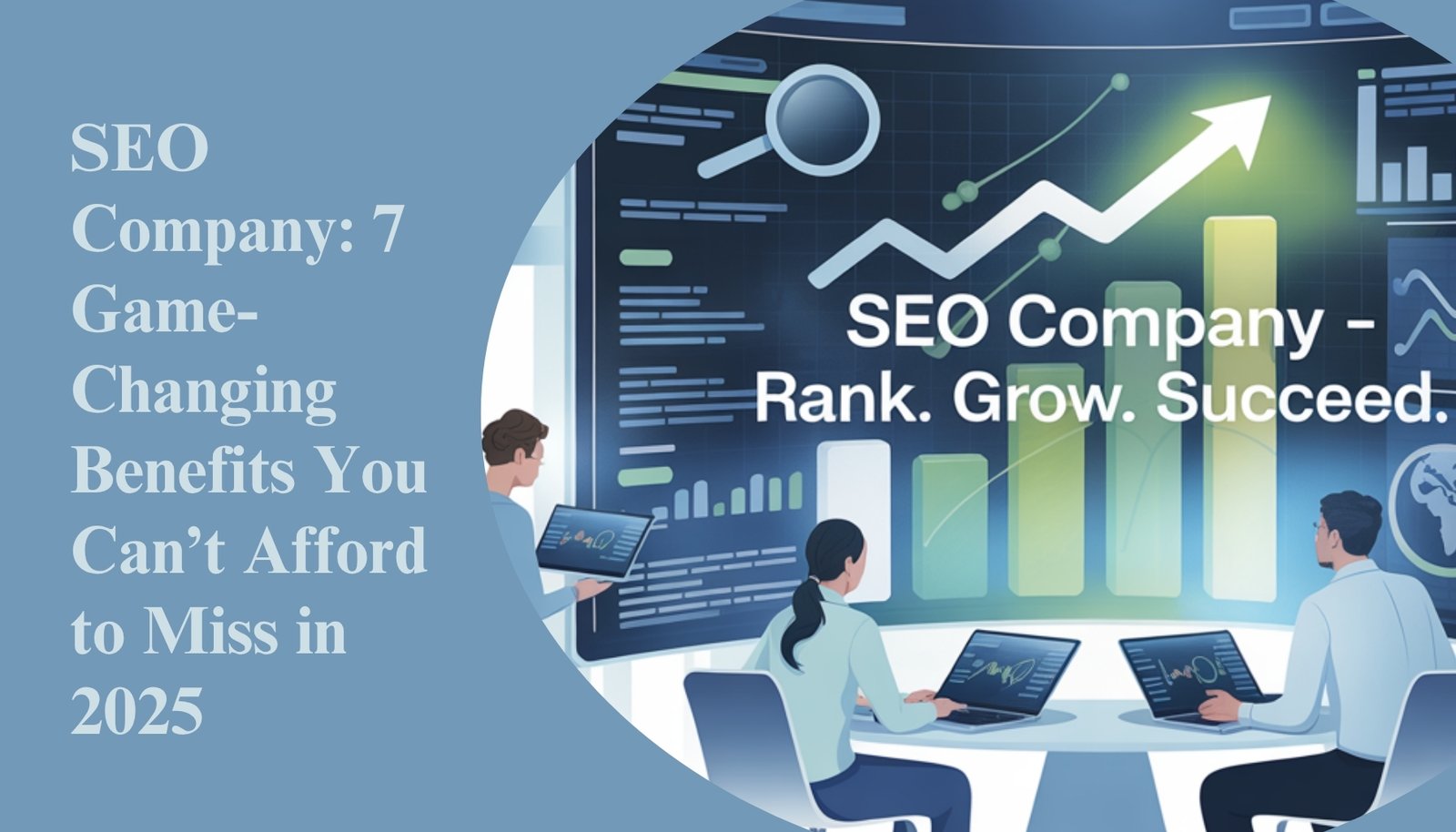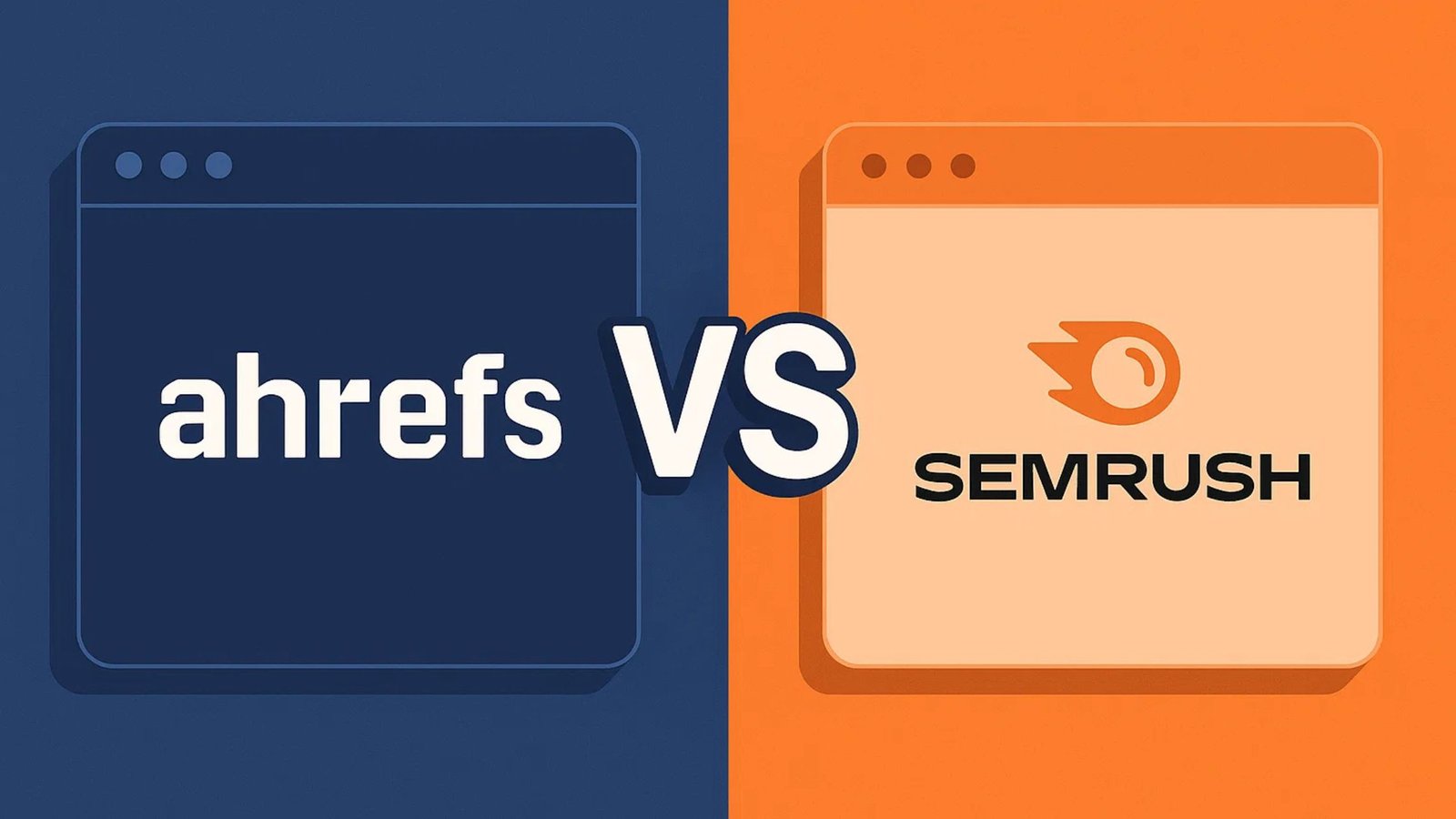As search evolves with AI optimization, generative engine optimization (GEO), and answer engine optimization (AEO), brands and marketers must adapt their strategies to remain visible.
It’s no longer enough to focus solely on traditional SEO. To stay competitive, you must ensure your content appears in AI-powered search results, AI Overviews, and generative chat platforms. This is the new reality of SEO in the AI era.

The challenge now is proving that SEO still delivers measurable value in this environment — where AI chatbots interpret intent, pull relevant data, and present clear answers directly to users.
Below, we’ll explore five key ways to track and showcase the impact of SEO in the AI era.
Proving the Value of SEO in the AI Era
The metrics you track will depend on your business goals — whether that’s local search, content marketing, technical SEO, or visibility in AI summaries.
But in all cases, you need to show performance improvements, visibility growth, and ultimately, revenue impact.
Here are five proven methods:
1. Monitor AI Search Results
With AI Overviews and generative AI reshaping SERPs, ranking is no longer the only goal — relevance is the key to success in SEO in the AI era.
Why it matters:
- Google’s AI Overviews are now live in 200+ countries and over 40 languages.
- U.S. users no longer need to opt into AI Mode — it’s available by default.
How to track AI visibility:
- Identify which queries trigger AI Overviews (tools like Semrush or ZipTie.dev can help).
- Track whether your site appears in those summaries.
- Compare traffic before and after AI feature rollouts.
- Segment traffic by content type to see which areas are most impacted.
- Consider server-side analytics to track AI crawler visits and monitor changes over time.

2. Track AI Brand Mentions
Being mentioned in AI-generated answers (ChatGPT, Perplexity, Claude, or Google AI Mode) increases authority and brand visibility — and is a critical factor for SEO in the AI era.
Why it matters:
- AI models use a mix of training data and real-time retrieval.
- Brands with more high-quality mentions across the web have higher AI recall.
How to track:
- Use tools like Brand24, Mention, or Ahrefs’ Brand Radar to monitor mentions.
- Analyze the sentiment, context, and frequency of your brand mentions.
- Identify which platforms (PR, blogs, social media, Reddit, Quora, etc.) influence AI references.

3. Track AI Citations and References
Citations from AI platforms show that your content is trusted and used as a reference, which is essential for authority in SEO in the AI era.
Why it matters:
- Ahrefs now offers a free tool to see when your site is cited in AI-generated answers.
- Frequent citations = higher AI authority.
How to track:
- Monitor citations from Google AIO, ChatGPT, and Perplexity.
- Look for trends over time to see if your AI visibility is increasing.
- Identify which pages earn citations and optimize similar content.

4. Measure Branded Search Performance
In SEO in the AI era, brand strength plays a huge role in visibility.
Why it matters:
- Strong entity recognition helps AI connect your brand to relevant queries.
- Branded searches are a sign of trust and awareness.
How to optimize:
- Publish authoritative, factual, and conversational content.
- Use structured headings, bullet points, and data tables for AI readability.
- Add schema markup (Organization, Product, Service, FAQPage, Review).
- Build authority through consistent third-party mentions and reviews.
- Answer “who, what, why, and how” questions in your niche.
- Engage in communities like Reddit and Quora, where AI often sources content.
5. Track AI Mode Metrics in Google Search Console (GSC)
Google now provides data for AI Mode in GSC, letting you track clicks, impressions, and positions — critical metrics for proving SEO in the AI era.
How it works:
- AI Mode breaks down queries into subtopics and searches for each simultaneously.
- Clicks: Recorded when users visit your site from AI Mode.
- Impressions: Counted as usual in search tracking.
- Positions: Calculated using standard SERP ranking rules.
Pro tip:
- Use GA4 custom reports to filter for AI-related traffic (regex for domains like ChatGPT, Perplexity, Bard).
- Add UTM parameters (e.g.,
utm_source=chatgpt) to track AI-sourced traffic. - Focus on conversion rates — AI search visitors may convert at much higher rates, even if they’re a smaller traffic segment.
FAQs About SEO in the AI Era
Q1. What is SEO in the AI era?
SEO in the AI era refers to optimizing your content and website for AI-powered search engines, chatbots, and generative platforms like Google’s AI Overviews, ChatGPT, Perplexity, and Claude. The focus has shifted from ranking solely on Google’s first page to ensuring your brand is visible, relevant, and cited across multiple AI-driven channels.
Q2. How is SEO in the AI era different from traditional SEO?
Traditional SEO mainly focused on keyword rankings, backlinks, and on-page optimization for search engines like Google. SEO in the AI era emphasizes intent-based content, structured data, conversational answers, and visibility in AI-generated responses. Success is measured not just by rankings but also by AI mentions, citations, and engagement quality.
Q3. Why is AI changing SEO?
AI models interpret user intent more precisely, retrieve relevant information, and generate direct answers without always sending users to websites. This means brands must optimize to be included in AI responses and provide content that’s structured, factual, and trustworthy enough for AI platforms to reference.
Q4. How can I optimize for SEO in the AI era?
To optimize for SEO in the AI era:
Create authoritative, fact-based, and conversational content.
Use structured data (schema markup) for AI readability.
Build brand authority through mentions and citations on reputable sites.
Target conversational and intent-driven search queries.
Monitor AI Overview visibility and AI Mode metrics in Google Search Console.
Q5. What metrics should I track for SEO in the AI era?
Key metrics include:
AI Overview inclusion rate
AI mentions and citations
Branded search volume
AI Mode clicks, impressions, and positions in GSC
Conversions from AI-sourced traffic
Final Thoughts
The SEO game has shifted — it’s no longer just about optimizing for traditional search engines. Today, success means optimizing for AI-powered platforms like ChatGPT, Perplexity, Claude, Google’s AI Overviews, and potentially OpenAI’s upcoming AI-driven web browser, which Reuters reports could launch in the coming weeks.
If OpenAI enters the browser market, it could challenge Google Chrome, reshape how users access online content, and disrupt a major source of Google’s ad revenue. With ChatGPT already attracting over 500 million weekly active users, this shift could be massive.
In this new landscape, SEO in the AI era isn’t about simply ranking on Google’s first page. It’s about being relevant, visible, and cited across multiple AI platforms, securing mentions in generative responses, and tracking success through AI-specific metrics — not just rankings and raw traffic.
Brands and marketers who adapt now, proving the value of their SEO in this AI-first environment, will not only deliver measurable short-term results but also position themselves for long-term growth and bigger wins in the future.y, engagement, and revenue in AI search, you’ll prove that SEO in the AI era is more essential than ever.
About Wisdom Digital Marketing
Wisdom Digital Marketing is a results-driven agency dedicated to helping businesses grow in the ever-evolving digital landscape. From advanced SEO strategies and engaging social media campaigns to cutting-edge web development, our team delivers tailored solutions that drive visibility, traffic, and conversions. With a passion for innovation and measurable results, we empower brands to stay ahead in today’s competitive market.















